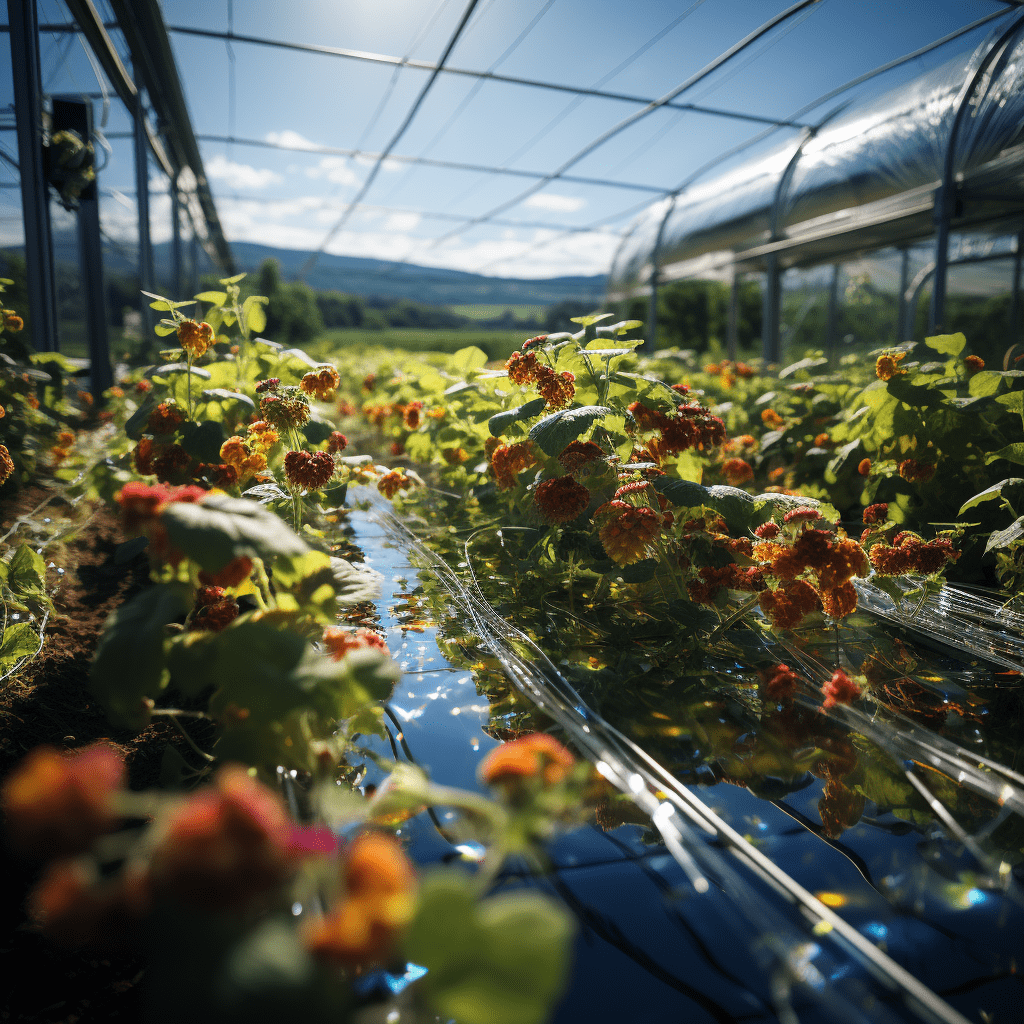AIFAG No. 12 AI in the Agricultural and Farming Industry

Purpose and Scope:
This guide provides specific accounting guidelines for entities in the agricultural and farming sector that utilize artificial intelligence for crop predictions, pest control, and farm management.
1. Principle of Valuation of AI-Driven Agricultural Assets:
- AI-powered systems, such as crop prediction models, automated irrigation systems, and pest detection platforms, should be evaluated based on their ability to improve yields, reduce resource wastage, and enhance overall farm productivity.
2. Principle of Data Handling in Crop Management:
- Financial implications related to the collection, analysis, and potential breaches of crop data, soil health metrics, and weather predictions by AI systems should be addressed. Provisions for potential data breaches and associated costs should be considered.
3. Principle of AI in Predictive Crop Health and Yield Optimization:
- AI's capability to predict crop health, optimize planting cycles, and suggest best practices can impact financial planning due to improved yields and reduced crop losses.
4. Principle of Ethical Considerations in AI-Driven Farming:
- Ethical concerns, such as the potential impacts of AI-driven genetic modifications or biases in crop predictions, can have financial implications in terms of regulatory fines and market trust.
5. Principle of AI-Driven Pest and Disease Control:
- AI tools that detect and predict pest invasions or crop diseases can significantly reduce losses and should be factored into financial risk assessments.
6. Principle of Human-AI Collaboration in Farm Management:
- While AI can assist in various farm tasks, human expertise remains crucial for interpreting complex agricultural scenarios and ensuring the well-being of livestock.
7. Principle of AI in Sustainable and Precision Farming:
- AI's role in promoting sustainable farming practices, optimizing resource usage, and enhancing soil health should be considered in financial planning and sustainability initiatives.
Updates and Amendments:The AIFAG guidelines will be regularly reviewed and updated to account for advancements in AI technology, evolving global agricultural practices, and feedback from stakeholders and the public.
Note: This is a fictional representation and does not represent any real-world standard for AI. The development of such standards would involve extensive consultations with experts, stakeholders, and the public. Fictional representations simplify complex AI concepts, stimulate discussion, envision future scenarios, highlight ethical considerations, encourage creativity, bridge knowledge gaps, and set benchmarks for debate in fields like accounting.